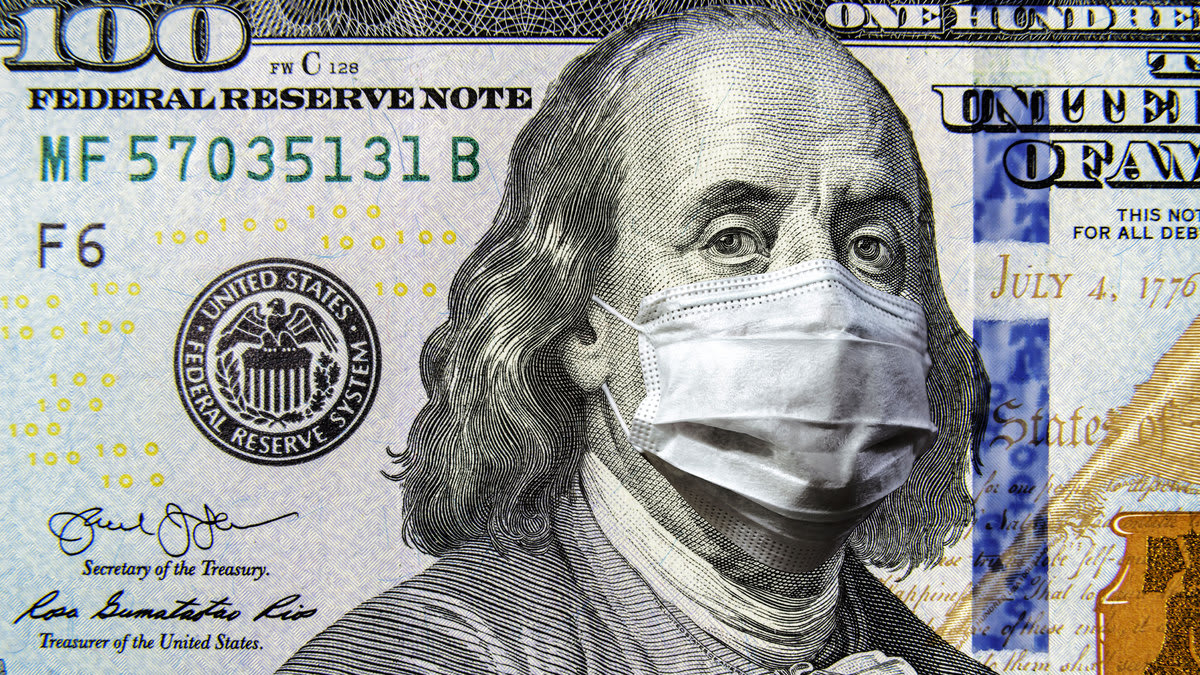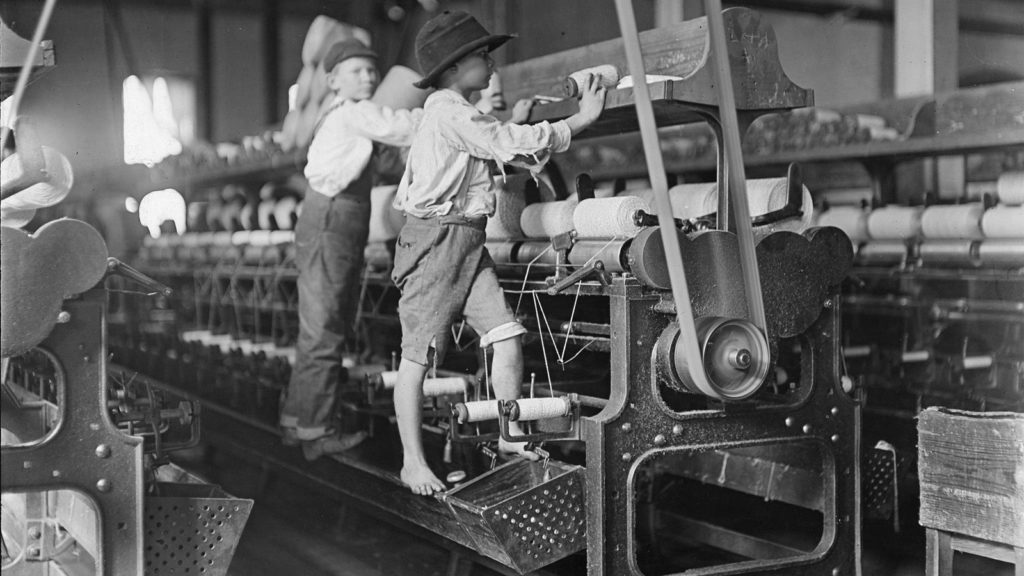
The $500 billion business rescue provision of the coronavirus relief bill will be less of a slush fund than originally envisioned, thanks to the addition of some significant safeguards such as the creation of a special inspector general and a Congressional oversight commission.
There has also been a welcome move toward transparency through a requirement that the Treasury Secretary post details on each loan, loan guarantee or other form of assistance soon after the award is made.
Yet there is one risk the bill does not address: the possibility that among the companies sharing in the federal government’s largesse will be regulatory scofflaws and other corporate bad actors.
There are some notable precedents for such an outcome. The Troubled Asset Relief Program, in fact, was largely an effort to bail out the financial institutions whose misconduct to a great extent caused the meltdown of 2008. The biggest TARP recipient, with $67 billion in support from the Treasury Department, was American International Group, which had sold large quantities of risky credit default swaps. Other giant banks that helped generate toxic securities were also high on the TARP loan list, including Bank of America and Citigroup ($45 billion each) as well as JPMorgan Chase and Wells Fargo ($25 billion each).
Along with the TARP loans, these banks also benefitted from massive liquidity programs implemented by the Federal Reserve and the Federal Deposit Insurance Corporation. The data available on these programs, which include lots of short-term loans that were frequently rolled over, add up to more than $3 trillion for Bank of America and $2 billion each for Citigroup and Morgan Stanley.
On top of all this, banks received what amounted to subsidies — $435 million in the case of JPMorgan Chase – through incentives provided to mortgage servicers under the Home Affordable Modification Program.
It was unavoidable that the TARP program, designed to rescue the whole financial system, would end up assisting bad actors. The problem is that those corporations continued to exhibit anti-social behavior after being bailed out.
Consulting the data in Violation Tracker, we see that since 2010, Bank of America has paid more than $63 billion in penalties. Much of this stems from lawsuits linked to the period leading up to the financial crisis, including those brought against companies purchased by BofA, especially Merrill Lynch and the predatory home lender Countrywide Financial.
Yet BofA also got in new trouble of its own. For instance, in 2014 it was ordered by the Consumer Financial Protection Bureau to provide $727 million in relief to credit card customers who had been charged for services they were not receiving.
Since 2010 Citigroup has paid more than $16 billion in penalties. Here, too, much of that total relates to cases stemming from the crisis – but not all. In 2015 it, along with other major U.S. and European banks, pled guilty to conspiring to manipulate the foreign exchange market. Citi’s penalty was $925 million.
And then there’s the case of Wells Fargo, which in the years after getting bailed out, has become a poster child for corporate irresponsibility as a result of its brazen sham-account scandal and other controversies.
Some of the bank misconduct of recent years could have been prevented if the federal government retained the equity stakes it took in TARP recipients while the loans were in effect. In the case of AIG the government had taken control of about 80 percent of the company. Smaller stakes were taken in other recipients.
The government used those stakes mainly to make sure that the loans were repaid, and in the end the feds made a profit on TARP. Yet those ownership interests could also have been used to retain a measure of influence over corporate governance and decision-making on issues relating to regulatory compliance and overall good behavior.
This approach could also apply to the coronavirus relief package, which seems to allow for the possibility that the federal government will take equity stakes in corporations that receive large amounts of financial assistance.
Now as in 2008, Congress cannot avoid providing assistance to bad actors, since doing so would harm employees at those firms. Yet it could use equity holdings to discourage corporations from resuming their bad behavior after we get through the pandemic.
Note: Data on the companies that received TARP bailout loans and liquidity assistance from the Fed and the FDIC can be found on this new Subsidy Tracker page, which also contains a list of corporate recipients of Recovery Act grants, loans and tax credits. Data on the misconduct of these and other companies can be found in Violation Tracker.
